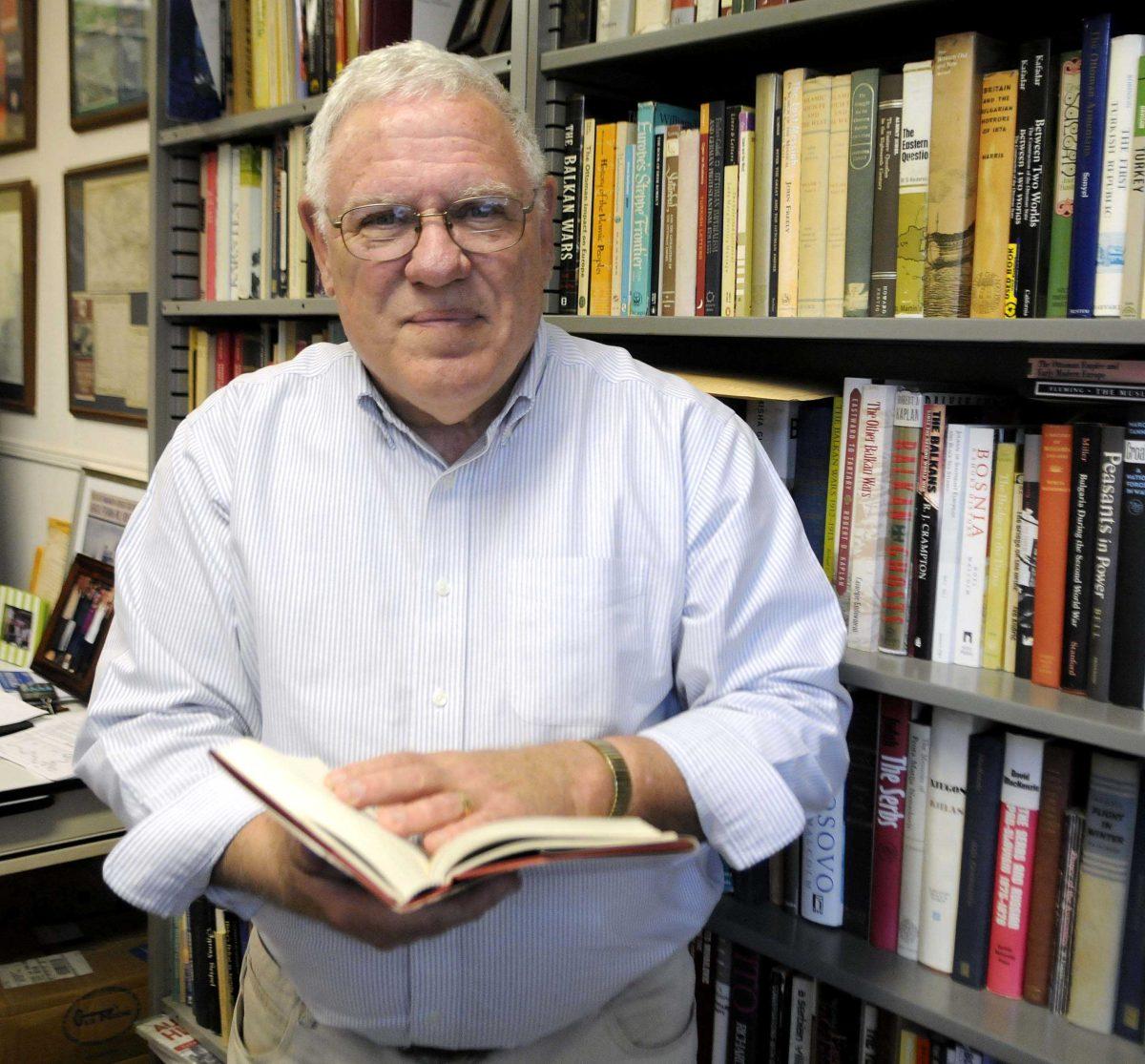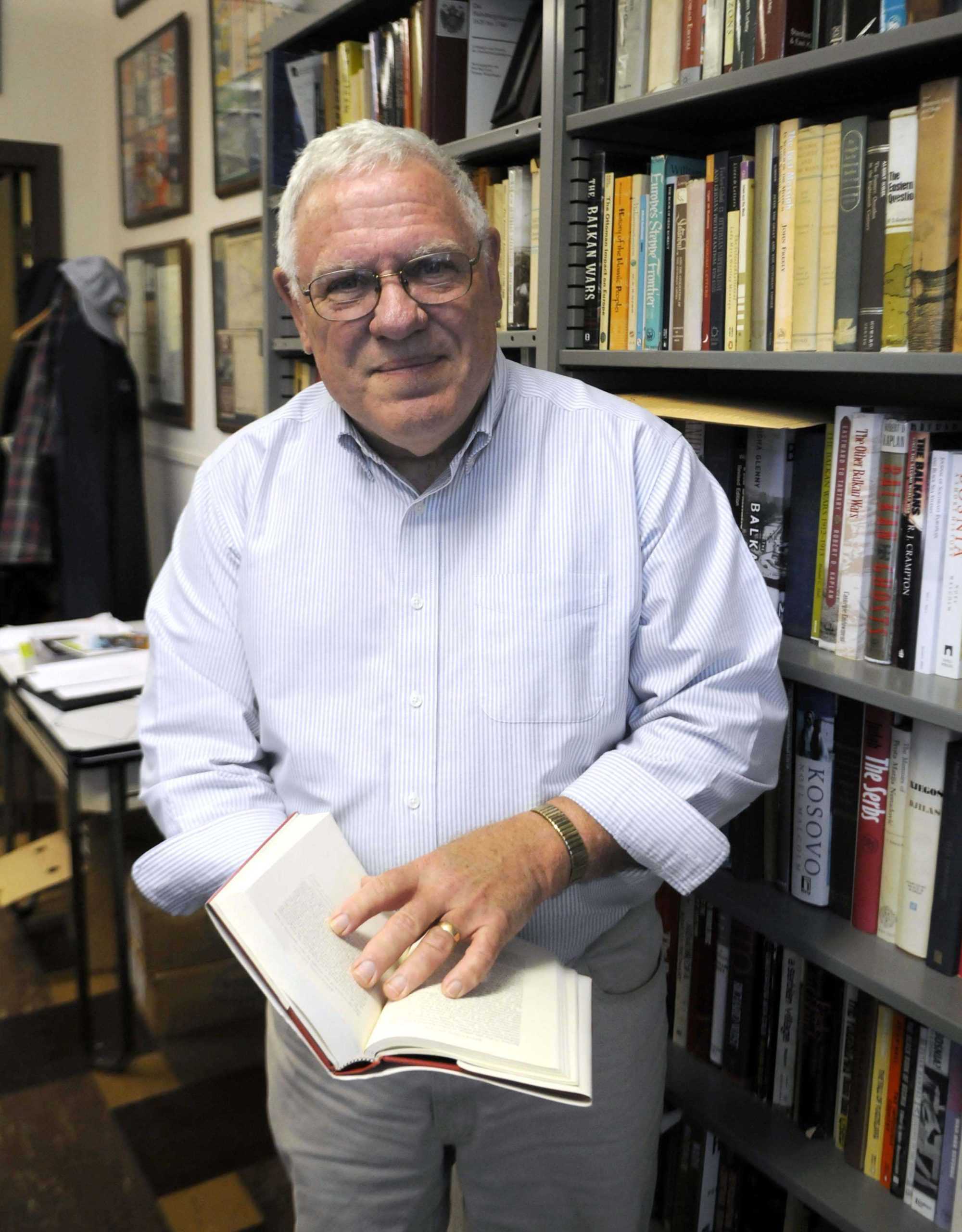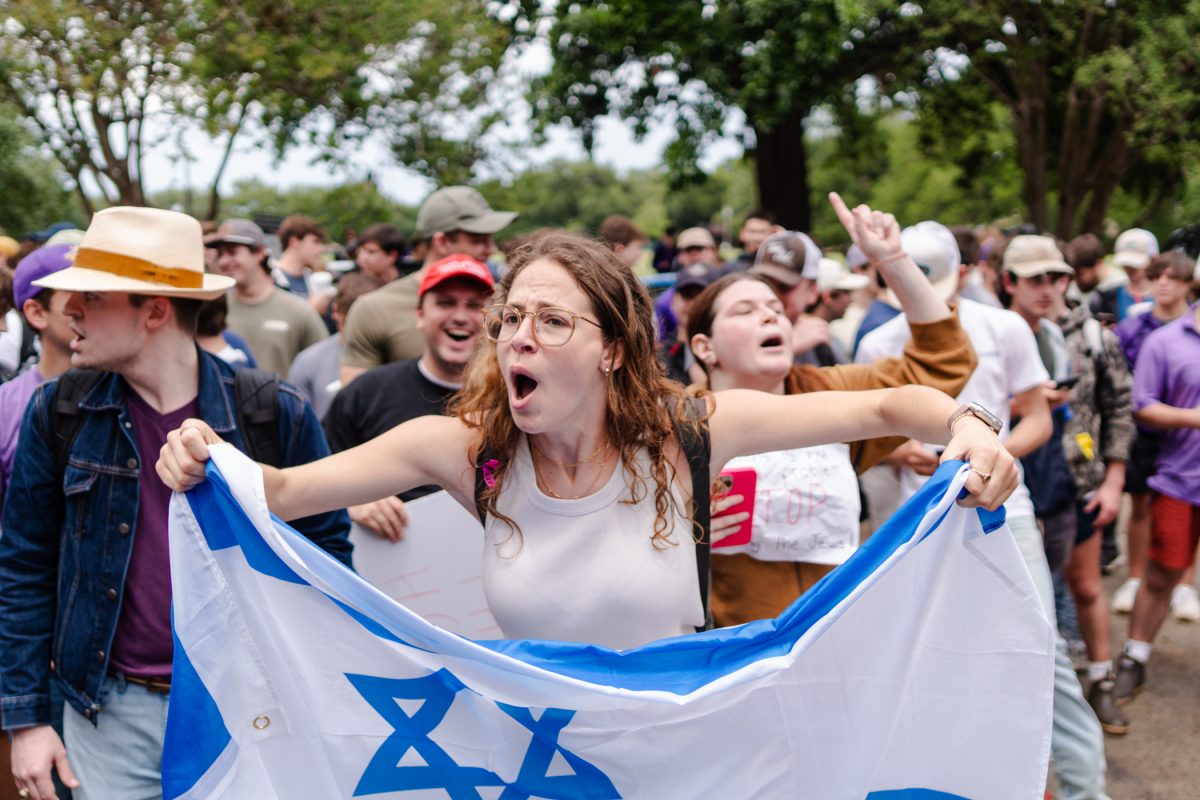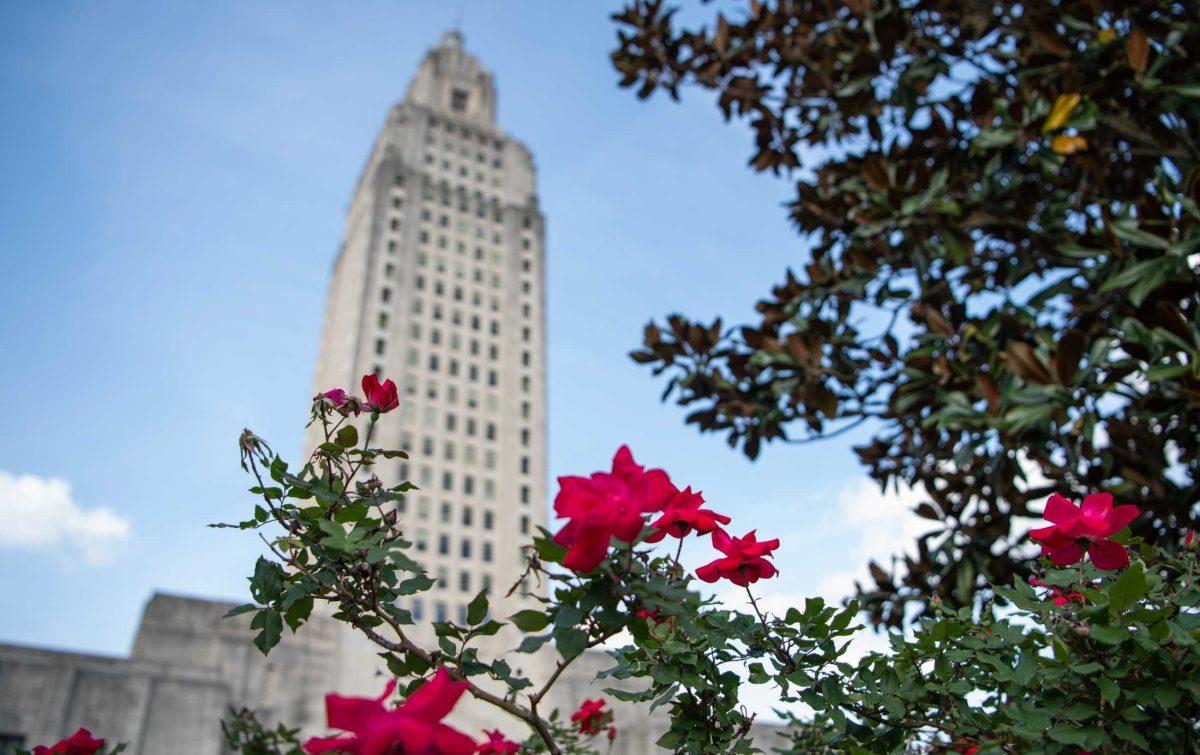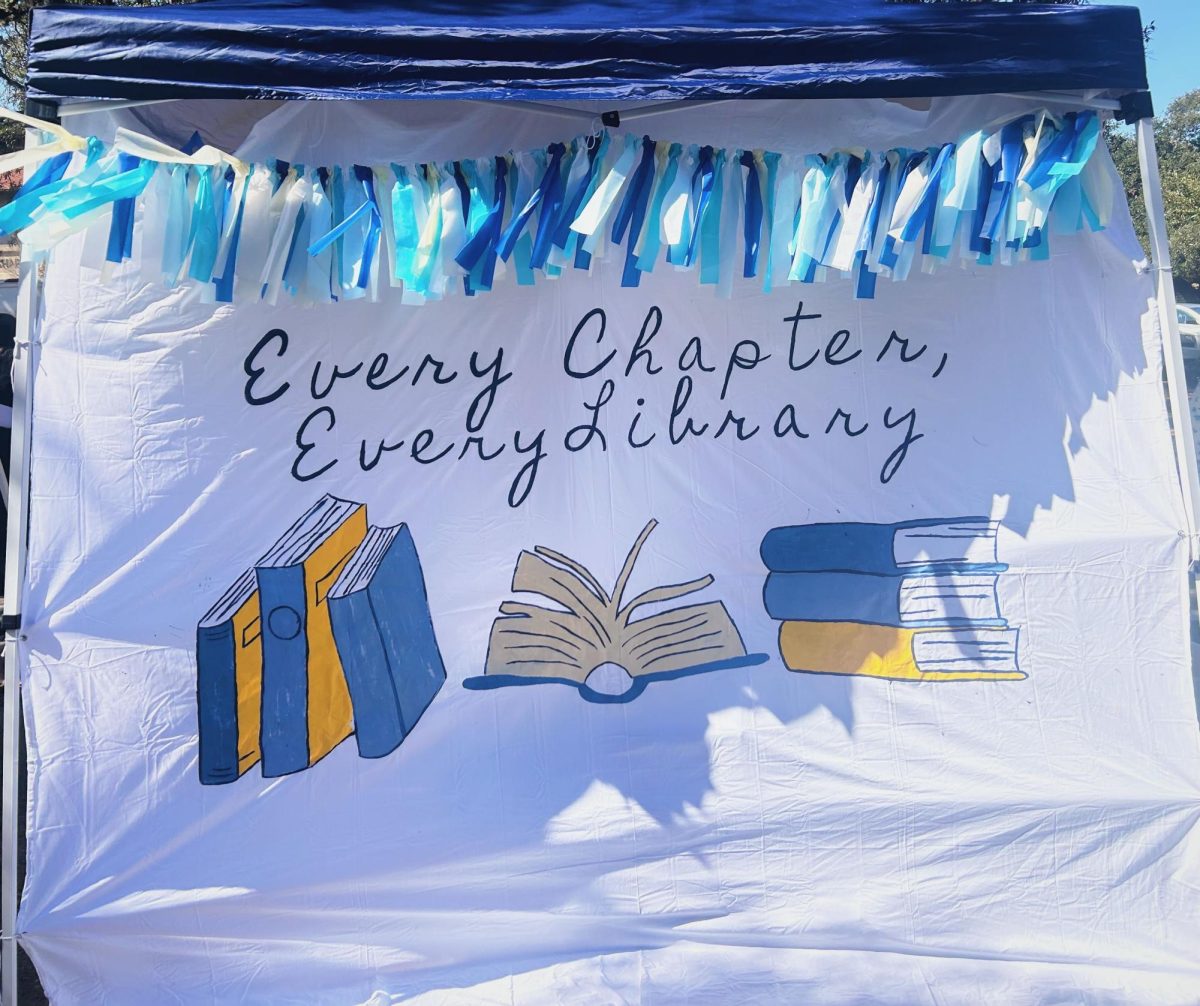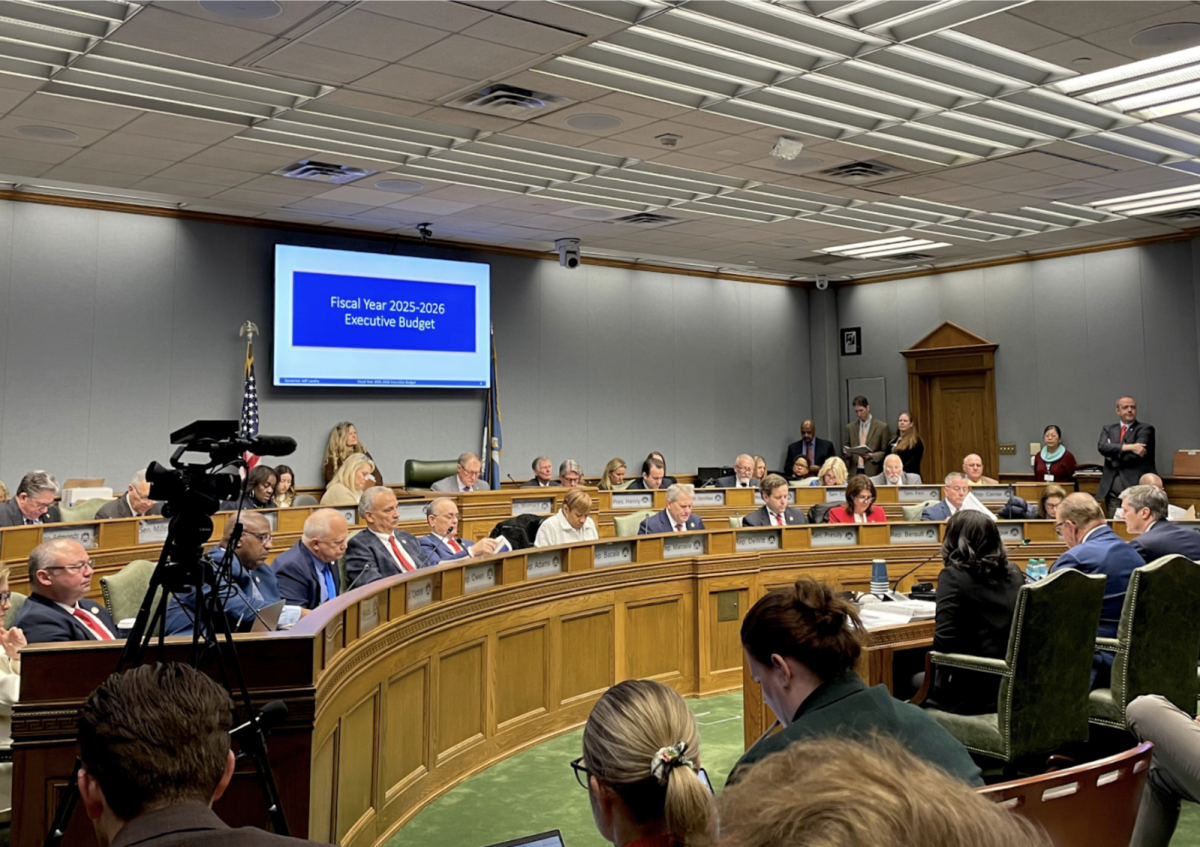History professor Karl Roider has taught students Western civilization and other advanced history courses for 46 years, and at the end of this semester, he is set to retire.
When Roider began teaching in 1968, men at the University were required to participate in ROTC and women’s dress code prohibited slacks and shorts. From integration to recent budget cuts, the changes he’s seen at the University have set history.
After the Kent State University shootings in the 1970s, Roider said he saw chaos break out in the student body — a time when students wanted their voices heard, bomb threats and Vietnam War demonstrations were commonplace.
He’s seen the University grow stronger and the student body improve with former Gov. Murphy “Mike” Foster’s plan to prioritize education and the implementation of selective admissions.
He’s also played his own role in shaping the University’s history. For nine years, Roider was dean of the College of Arts and Sciences, which is now the College of Humanities and Social Sciences, and he was able to shape the program’s curriculum.
In 1999, when the Louisiana Board of Regents changed the secondary education major and required students to major in the subject they wanted to teach, Roider created the content and courses to prepare future educators.
“I think we turned out some fabulous teachers,” Roider said.
One of Roider’s goals was to teach students so they would have a well-rounded understanding of the world they live in.
He wants students to be able to read the newspaper and understand the current events of their time.
“All you have to do is look at the Ukraine. No one knows where or what that is,” Roider said.
History was always a part of his life. He’s seen it happen firsthand, been a part of it and shared it with his students.
His neighbor, a history professor, would tell Roider stories about the material he taught. Visiting his grandfather in northern New York, Roider loved the historical sights of early American battlefields.
“I was fascinated being near the atmosphere,” Roider said.
The material drew him to teaching, but interacting with student is what kept him.
He’s stayed in touch with these students. Some of them have gone on to teach, while others reminisce with him about ways he made their time at the University better.
“I will miss the students the most,” Roider said.
His favorite type of connection is when students recognize him years after they have had his class.
A few years ago, getting off the elevator at MD Anderson Cancer Center where his wife was receiving treatment, a student who took his class in the 1970s recognized Roider.
It brings him joy to know former students still remember him as a teacher, a mentor and a helper.
“I will miss the students the most.”
Professor’s decades-long career rich in University, world history
April 7, 2014
History professor Karl Roider is retiring after forty six years teaching at the university.
More to Discover



